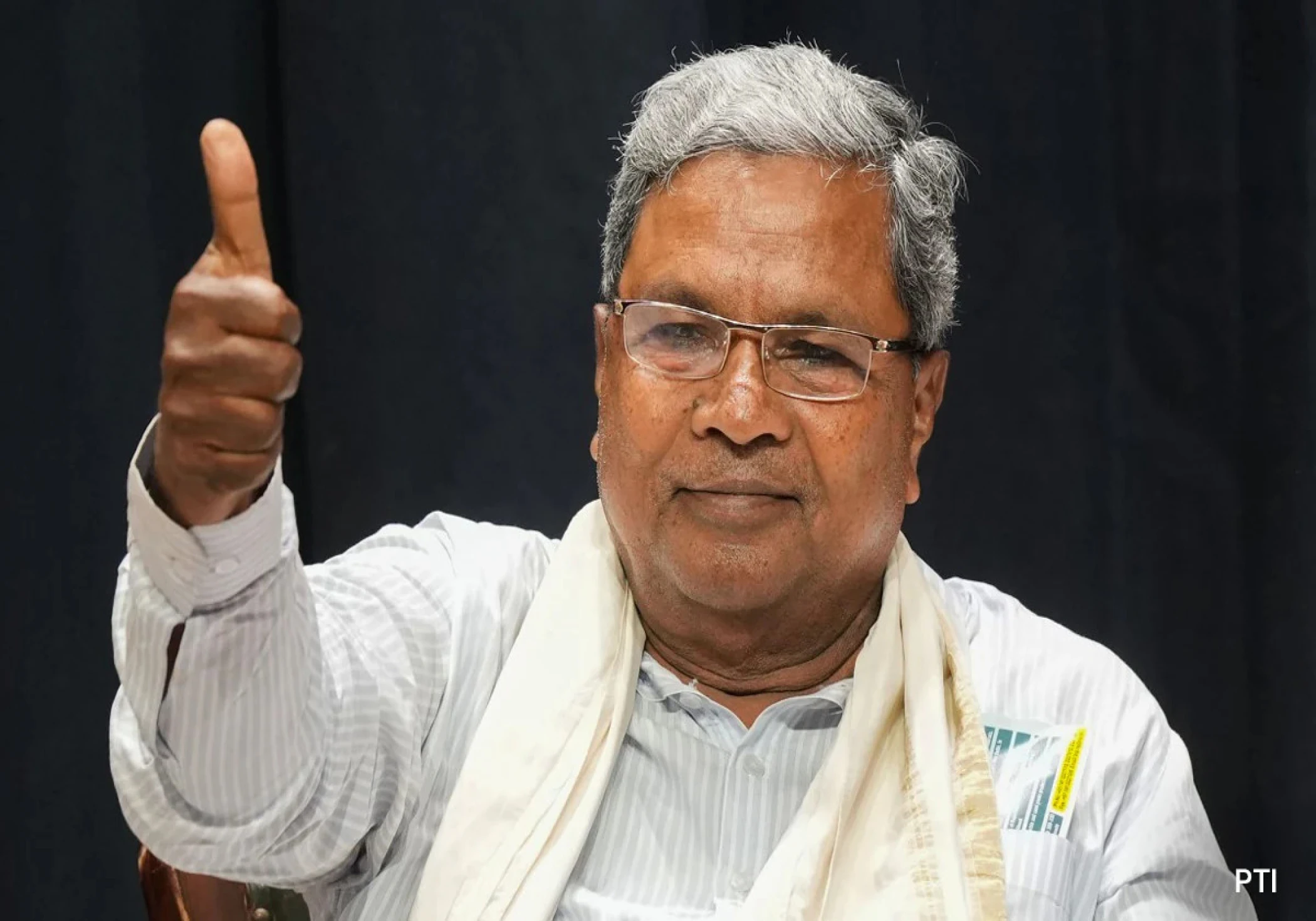
On Friday, Karnataka Chief Minister Siddaramaiah officially introduced Yuva Nidhi, the fifth assurance of the Congress, during a well-attended event. He asserted that his government has effectively implemented the promises made by the party leading up to the assembly elections in May of the previous year, demonstrating a commitment to action.
Emphasizing the critical need to address the increasing unemployment crisis, the Chief Minister announced the launch of Yuva Nidhi. This groundbreaking initiative, at the forefront of the government's efforts, pledges a substantial monthly stipend of Rs 3,000 for graduates and Rs 1,500 for diploma holders.
The Chief Minister underscored the urgency of such measures, highlighting the alarming rise in the unemployment rate from 5.5% in 2014-15 to a concerning 10.5% today. Expressing deep concern for the youth grappling with an uncertain future, he reiterated the government's commitment to tackling this pressing issue head-on.
On Friday, the Karnataka government unveiled the Congress party's fifth 'guarantee,' which entails providing a monthly stipend of ₹3,000 for graduates and ₹1,500 for diploma holders to address the issue of unemployment.
Symbolically inaugurating the "Yuva Nidhi" scheme, Chief Minister Siddaramaiah presented cheques to six recipients. The initiative is designed for graduates and diploma holders who completed their education in the academic year 2022-23 and remained unemployed for 180 days following the conclusion of their studies.
During the symbolic transfer of the monthly assistance of the scheme directly into the bank accounts of unemployed graduates, the Chief Minister conveyed the initiative's objective to provide support to economically disadvantaged families, particularly those most affected by unemployment and inflation. He emphasized the necessity of designing programs that promote the inclusion of everyone in the mainstream, contributing to the establishment of a more equitable society.
Siddaramaiah clarified that the schemes, with a substantial outlay of Rs 58,000 crore, were not driven by political motives but were instead inspired by the universal basic income (UBI) models successfully implemented in certain European countries.
Universal Basic Income (UBI) refers to a periodic cash payment provided to citizens without consideration of their employment status or other criteria, including income, age, etc. England is the most recent addition to a series of European countries experimenting with this policy, offering residents a guaranteed amount of money on a monthly basis.


